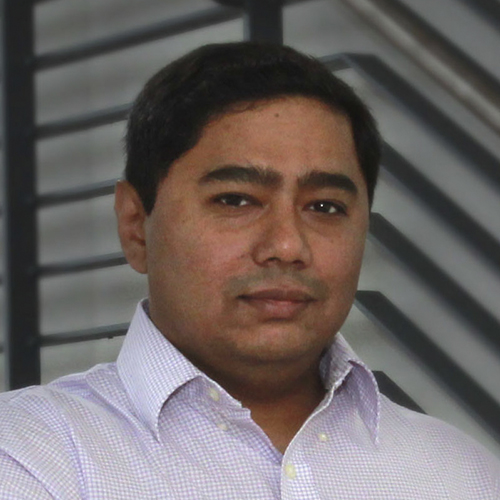Improving Software Developer Mental Well-Being and Productivity
Today’s software developers collaborate around the world, creating an unprecedented amount of complex software, thanks in part to improved development tools. However, as an interdisciplinary team of UC Irvine researchers points out, there’s a dark side to this work.




“Software development can be a very stressful endeavor, with serious negative consequences on one’s mental well-being,” says Informatics Professor André van der Hoek, who is the principal investigator on a new $1.6 million grant from the National Science Foundation: “Improving the Mental Well-being and Productivity of the Software Development Workforce of Tomorrow.” His co-investigators are two colleagues from the Donald Bren School of Information and Computer Sciences (ICS), Iftekhar Ahmed and Madhu Reddy, and Stephen Schueller from the School of Social Ecology.
The Dark Side of Software Development
As outlined in the project abstract, the dark side of software development is that “advances in tools can come at the expense of developers’ mental well-being.” Poor mental health can negatively affect not only the individual but also the team, organization and software. “Productivity suffers, the quality of the code is lower, teams are less effective, schedules are missed and workforce retention is difficult.”
Software developer Aya Stead explained the importance of mental health in an April 2023 Softwire article. “With coding being such a cerebral activity, it’s essential us software engineers look after our mental health if we’re to perform well,” says Stead. “I see it as being similar to the way athletes need to take good care of their physical health, if they’re to succeed in their fields.”
Yet according to a 2022 developer survey by StackOverflow, the number of developers reporting poor mental health is increasing. “This year we see more developers identifying as having a concentration and/or memory disorder (10.6%), anxiety disorder (10.3%) [and] mood or emotional disorder (9.7%) [such as depression].”
Van der Hoek acknowledges the wide variety of contributing factors, including increased pressure to perform in a highly competitive software development world. “With the recent spate of layoffs and company perks designed to counterbalance long working hours being reduced or disappearing altogether, the increasing pressures of having to remain competitive will only make matters worse,” he adds.
Tools Redesigned for Mental Well-Being
The research was initiated through an ICS exploratory grant of $75,000, which funded an interview study that led to early insights into how developers perceive their mental well-being. A specific outcome focused on the software tools that developers use every day. “Designed to promote productivity all around, these tools represent a major source of stress,” says van der Hoek. “We believe we can redesign the tools to better support both well-being and productivity.”
The researchers plan to start by studying developers at work through interviews and surveys about their mental health, its impact on their output and various coping strategies. The researchers will then develop theory, host industry panels, and coordinate research workshops to identify principles for tool design in support of mental well-being and productivity. Finally, they will design and assess novel tools through laboratory experiments and field trials with organizational partners.
“We each bring a unique lens to this work,” says van der Hoek, whose past research has focused on developers and how they work. Ahmed’s area of expertise is software engineering tools and techniques leveraging machine learning, while Reddy studies health and technology — particularly tools for mental health. Schueller, as an associate professor of psychological science, brings expertise in clinical psychology to the project.
The overall goal of this multidisciplinary collaboration is threefold:
- contribute to discussions around mental well-being in software development to raise awareness, set corporate policy and better train the workforce;
- develop prototypes that will help shape future software development tools; and
- create online resources for instructors to share lessons learned with students who represent future software developers.
“We need to remind ourselves that the minds shaping the world through code are not machines but human beings,” says van der Hoek. “Prioritizing their well-being alongside productivity is not just a matter of compassion; it’s a strategic imperative.”
— Shani Murray